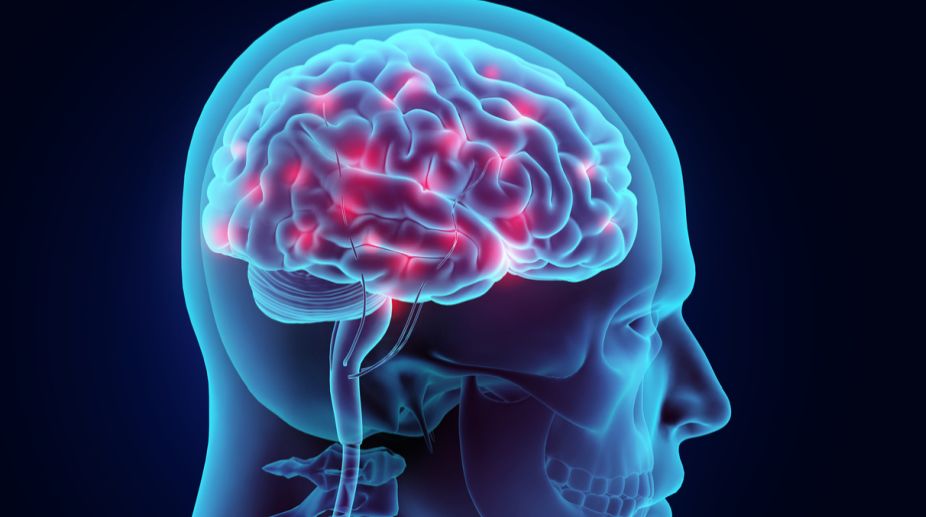People suffer from major depressive disorders because of alterations in the activity and connectivity of brain systems underlying reward and memory, suggests new research.
The findings, published in the journal Biological Psychiatry: Cognitive Neuroscience and Neuroimaging, provide clues as to which regions of the brain could be at the root of symptoms, such as reduced happiness and pleasure, or negative memories, in depression.
Advertisement
For the study, the researchers used a new approach to measure the influence of one brain region on another, referred to as effective connectivity, in depression.
The approach goes beyond the limitations of previous brain imaging studies, which show if — but not how — activity of different brain regions is related.
“The new method allows the effect of one brain region on another to be measured in depression, in order to discover more about which brain systems make causal contributions to depression,” said one of the researchers Edmund Rolls, Professor at University of Warwick in England.
The researchers compared 336 people with major depressive disorder to 350 healthy controls.
Brain regions involved in reward and subjective pleasure received less drive (or reduced effective connectivity) in patients, which may contribute to the decreased feeling of happiness in depression, the study showed.
In addition, brain regions involved in punishment and responses when a reward is not received had increased activity, providing evidence for the source of sadness that occurs in the disorder.
Memory-related areas of the brain had increased activity and connectivity in people with depression, which the authors suggest may be related to heightened memory processing, possibly of unpleasant memories, in depression.
“These findings are part of a concerted approach to better understand the brain mechanisms related to depression, and thereby to lead to new ways of understanding and treating depression,” Rolls said.











